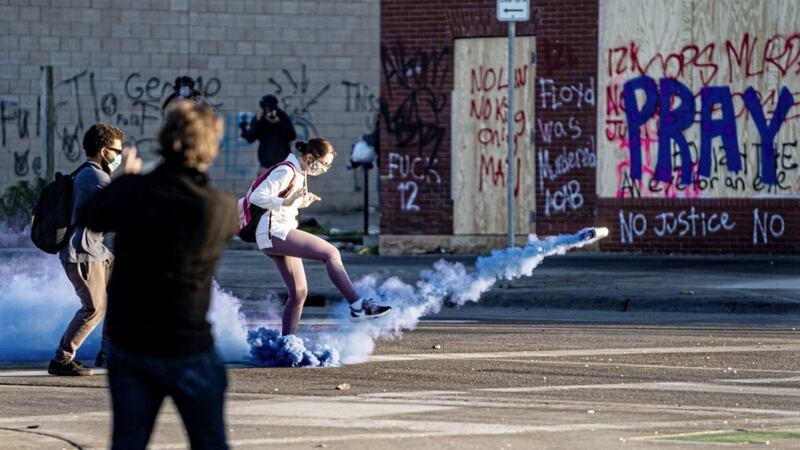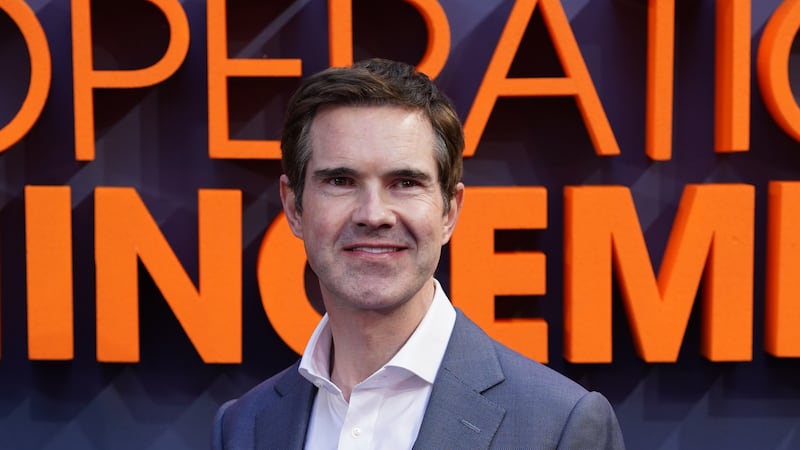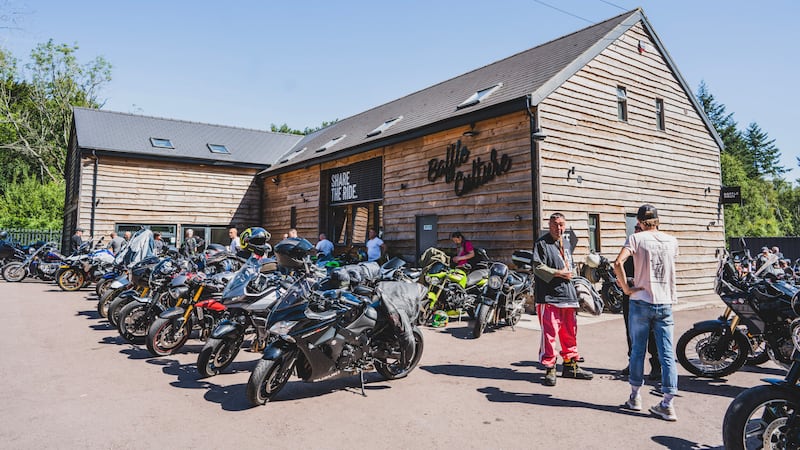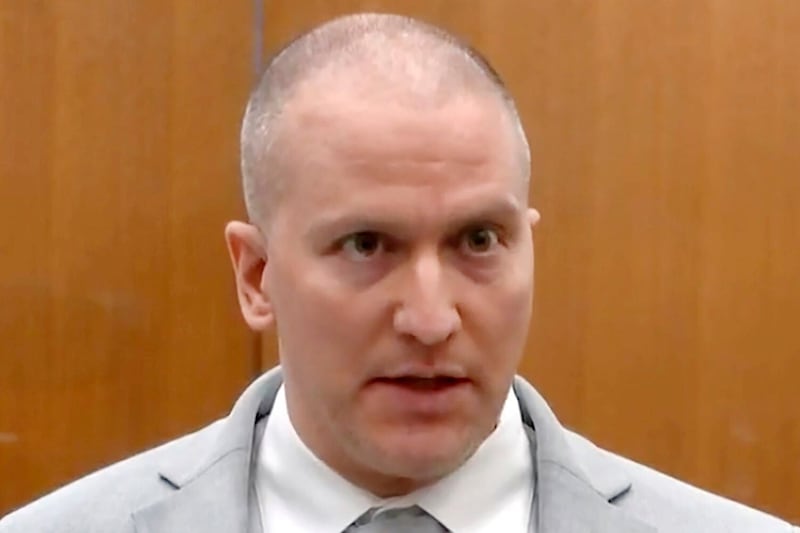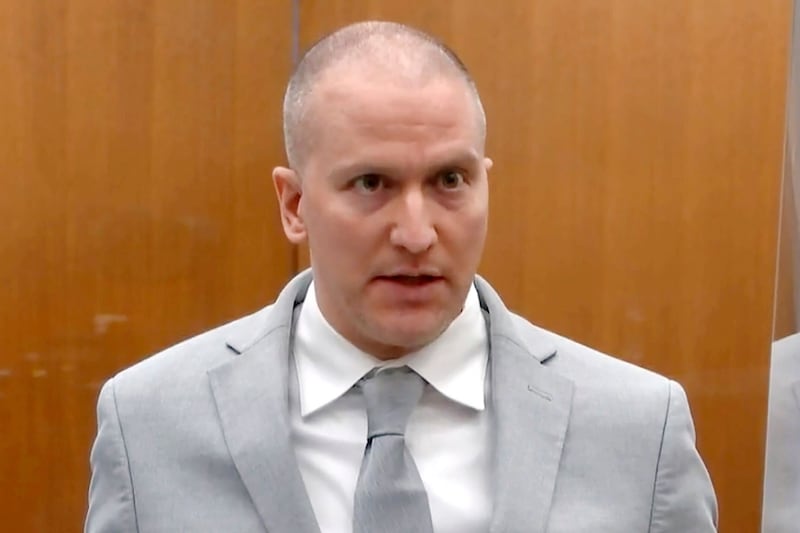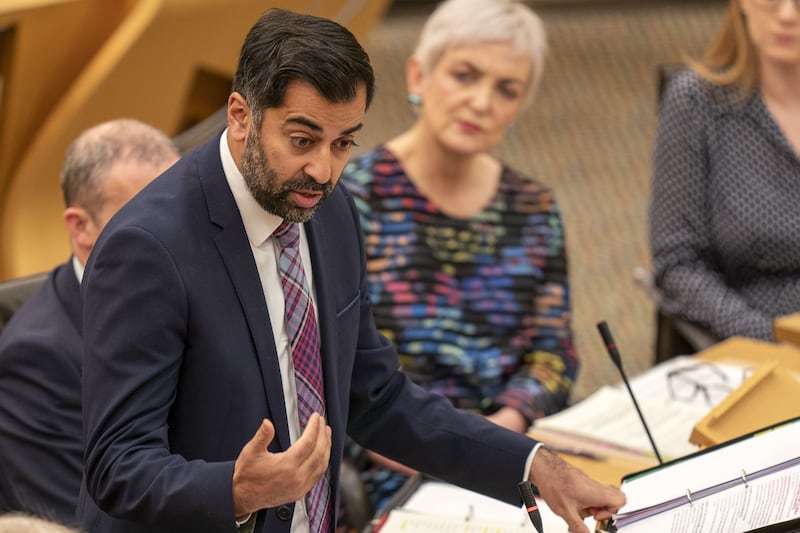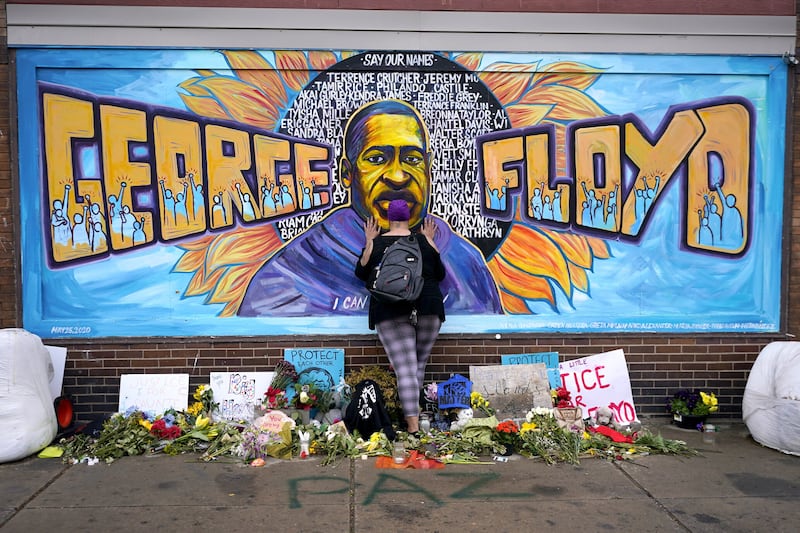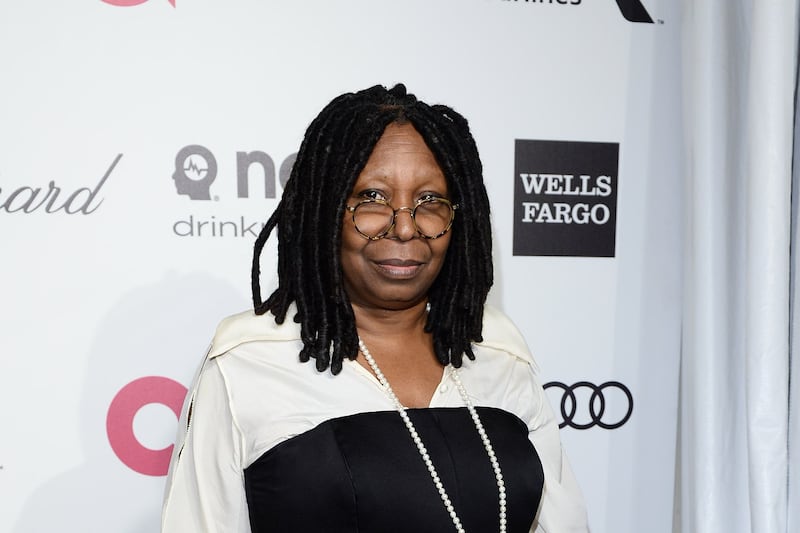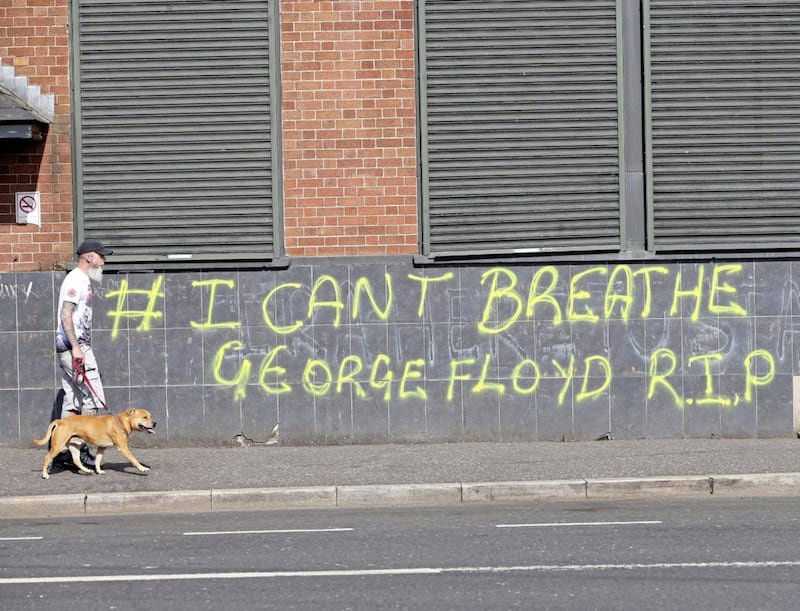
ON May 25, Minneapolis police officer Derek Chauvin kneeled on George Floyd's neck for almost nine minutes, leading to Floyd's death.
Throughout the shocking video, Floyd can be heard saying: "I can't breathe."
It's eerily reminiscent of the killing of Eric Garner. On July 17 2014, Garner was choked to death in New York via a chokehold that has long been banned by the NYPD.
His death, by means of this illicit move, was also captured on video, as well as his 11 pleas of "I can't breathe".
But the plea of "I can't breathe" is far from the only similarity. Both men lost their lives as the result of incredibly trivial and minor alleged offences.
In the case of George Floyd, he was accused of trying to use a counterfeit $20 bill. The "crime" for which Eric Garner lost his lives was the selling of loose cigarettes.
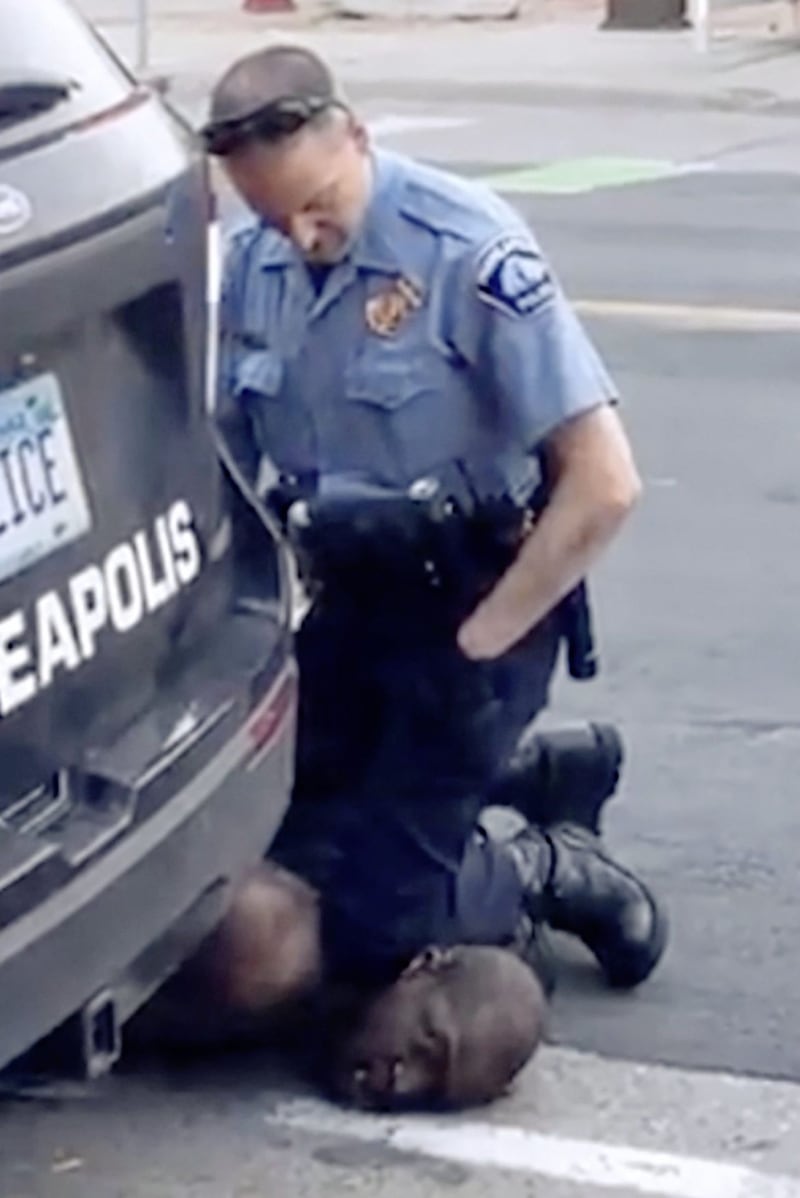
These two deaths, both captured on video, make one thing palpably clear - it is dangerous to be poor and black in America.
Both men had children, and both men lost their lives due to alleged minor transgressions revolving around a lack of money.
Both men should still be alive, a fact that must not be lost on pro-life Catholics.
The average white household in America has ten times more wealth than the average black household. A few years ago, the situation was even worse and America suffered a greater wealth inequality than apartheid-era South Africa ever did.
In 2010 America, the average white household had 18 times more wealth than did the average black household. In 1970s' South Africa, this gap was about 15 times.
When black people in America today face similar economic inequality than black South Africans were exposed to under a regime which was set up to subjugate and oppress black people, then it is obvious that we are not living in a 'post-racial society'.
The cause of this economic inequality arguably has its roots in the obscene incarceration rates amongst black people in America.
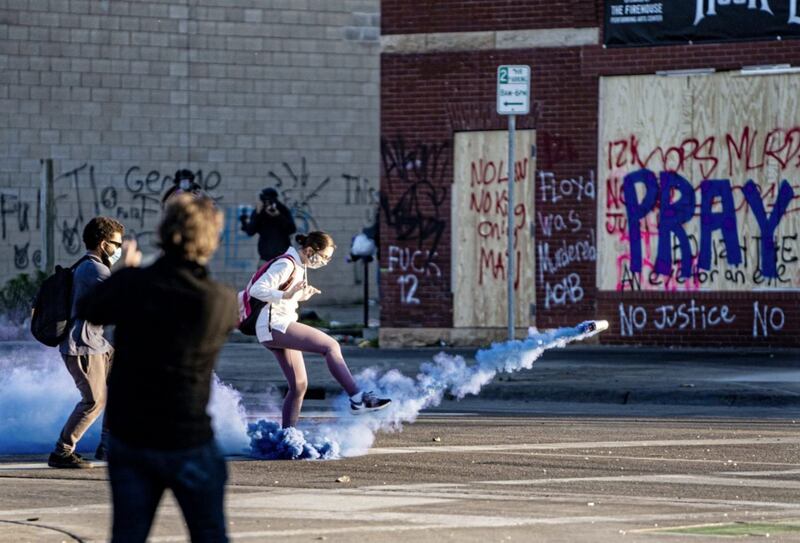
Both George Floyd and Eric Garner had spent time in prison, a fate that befalls a shocking number of black men in America.
Again, to put this into perspective, there is a greater proportion of black people in prison today in America than at any point during apartheid-era South Africa.
At its height, in apartheid-era South Africa, there was an incarceration rate for black males was 612 per every 100,000.
In 2010 America, 4,347 black males were in prison per every 100,000. In addition to this, one in three black males born in 2001 can expect to spend time in prison at some point in their life. This is not morally permissible.
Upon leaving prison, many struggle to find employment in a society which is hostile to the idea of employing someone with a criminal record, which is bad news for a demographic who are jailed at an alarming level.
According to the National Association for the Advancement of Coloured People, a criminal record reduces the likelihood of a job offer by nearly 50 per cent, and the negative impact of a criminal record is twice as large for African American applicants.
Many factors are at play in leading to this dramatically high incarceration rate amongst black people. When facing a conviction, given the obscene discrepancies in wealth, black people will often struggle to gain access to high-quality legal aid.
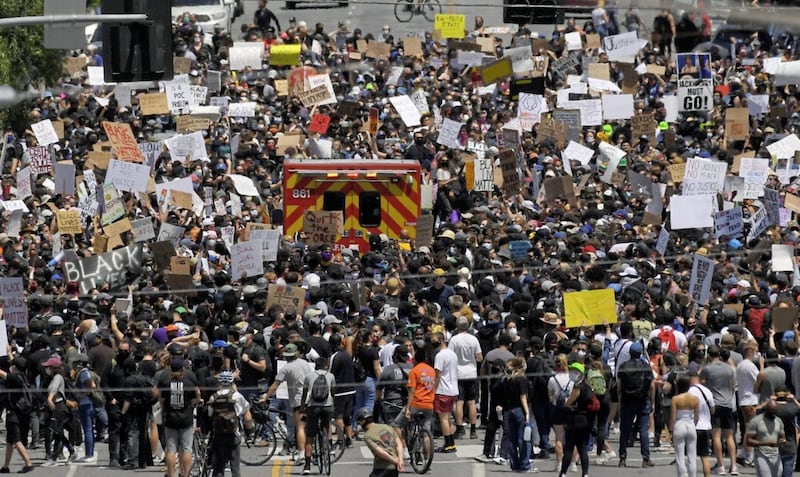
After the conviction comes the sentencing, and study after study shows that black people are sentenced much more harshly than their white counterparts for the same crimes.
A recent case which illustrates this point is the sentencing of white Stanford University swimmer Brock Turner, who was sentenced to three months in prison for raping an unconscious female.
Black student Cory Batey was charged and convicted of the same offence, but received 15-25 years in prison.
Prison would have a "severe impact" on Turner said the judge, and Turner's father was presumably elated that his son wasn't in any way seriously punished for what he blithely referred to as "20 minutes of action".
Drugs offences also offer us a damning indictment of American justice; five times more white people use drugs than black people, yet black people are six times more likely to go to jail for drugs offences than white people.
While black people make up 12 per cent of the US population, they make up a third of those incarcerated for drugs offences, as well as representing a third of the prison population.
To this can be added the fact that black people receive, on average, virtually the same amount of time for non-violent drugs offences (59 months) as white people do for violent offences (62 months).
All in all, poorer people receive longer sentences than rich people, unemployed people receive longer sentences than those who are employed, and black people receive more jail time than white people.
George Floyd and Eric Garner were two men just trying to make ends meet. Both men had been incarcerated at some stage in their lives, which meant formal employment was incredibly difficult to attain.
Neither man was selling drugs when they were arrested; neither men were involved in gangs. Both men traverse this image that only young, black males are victimised. George Floyd was 46 and Eric Garner was 43.
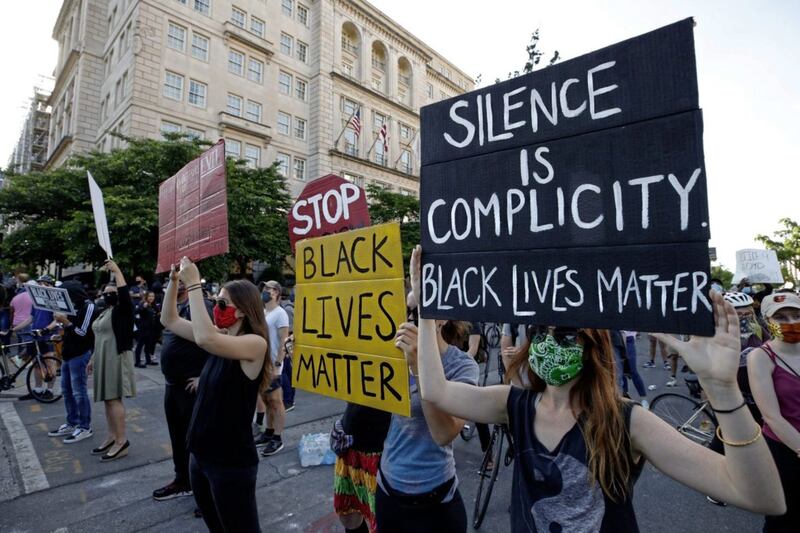
Both men were savagely killed at the hands of those who are meant to protect and serve them, as a result of resorting to some crude ways of getting by in an America that makes life intolerably difficult for poor, black males, especially those with a criminal record.
This is something Catholics must not be silent over. When Catholics refuse to speak out over this injustice, they do a great disservice to the pro-life cause.
To be pro-life doesn't just mean to fight for the unborn, but to fight for those who are marginalised in the here and now; for refugees, and victims of war, and victims of police violence.
When Donald Trump announces via Twitter that "when the looting starts, the shooting starts", we must forcefully fight back against this.
As Catholics we are called to be peace-makers, and never advocates of this kind of violence.
When black men die at the hands of the police at a rate that is 2.5 times higher than white men, we need to raise awareness of this. Every life has inherent dignity but too often the police treat black Americans as though this isn't so.
As Catholics, we must begin to see this as a pro-life issue and let our words and our deeds reflect this reality.
